Russia-EU Relations May Not Be as Bleak as They Seem, by Alina Sobolik
By Alina Sobolik, EU Study Tour 2019, student at the Department of Political Science, University of Victoria
Introduction: Why Talk About It?
The EU and Russia are both significant actors on the world stage, both in the size of their economies and the values that they represent. Since the end of the Cold War and the fall of the Soviet Union, Liberal Democracy has been the law of the land, and Human Rights have been the hot topic. However, is it possible that this is only because those nations that felt otherwise were too weak at the moment to protest? And do these kinds of values have any place in bilateral economic agreements?
Through my studies on the European Union and my participation the University of Victoria’s European Union Study Tour and Internship Program, I have observed what I believe may be a shift in this global dynamic. A primary example for me is the transforming relationship between Russia and the EU. As their relationship has faced several obstacles in recent years, resulting in sanctions from the EU and a failure to re-negotiate an agreement, observers have concluded that the relationship is dead, with no future in sight.
I disagree. The relationship as it was born is dead, however I believe that there is a future for EU-Russia relations that reflects the changing power dynamics between them as Russia regains its ground as a global actor. This new relationship would be one that does not include ideological conditions from either side, but is based purely on economic and strategic benefit.
From Friends to Enemies?
In Hiski Haukkala’s journal article titled “From Cooperative to Contested Europe? The Conflict in Ukraine as a Culmination of a Long-Term Crisis in EU–Russia Relations,” he outlines the events that contributed to the freezing of Russia-EU relations. Furthermore, he argues that the relationship cannot be recovered due to Russia’s insistence to establish a sphere of influence.[1]
He states that through its relationship with Russia, the European Union “…has sought to lock Russia into a highly institutionalized, indeed post-sovereign arrangements with a view of creating an essentially unipolar Europe based on the EU’s liberal norms and values.[2]” This is in part because of the circumstances under which the relationship was formed following the fall of the Soviet Union, with Russia recovering from complete failure of government and undergoing a process of state formation while the EU was consolidating power as a world actor.[3] What resulted was a relationship wherein the European Union was able to integrate ideological and moral values into the relationship on a conditional basis.
This is reflected in the nature of the 1994 Agreement on Partnership and Cooperation, which actually includes the goal of “gradual integration” between Russia and the EU, with an article (2) on respect for democracy and human rights as well as mention of the “community values” making it clear that this integration would take a Eurocentric form.[4]
Someone Has Got To Budge
Haukkala argues that the EU’s “Common Neighborhood Policy” forced a face-off of the two powers by encroaching on what Russia perceives to be its sphere of influence, with the formation of the Eurasian Economic Union as proof of tension between powers.[5]
Furthermore, various events, including actions on the ground in Chechnya, the election of Vladimir Putin as President of Russia, and Russian action in the Ukraine resulted in the ‘freezing’ of Russia EU relations and the establishment of sanctions from both sides.[6]
While I agree with Haukkala that “…the years of intense interaction between the two have brought to the fore and perhaps even accentuated the differences in underlying worldviews between the EU and Russia,” I also believe the relationship will resume.[7] This is due to the unique opportunity I have had as a participant in the EU Study Tour two consecutive years in a row. In both years we were able to meet with representatives from the Russian Mission to the EU and from the EU Desk Officer to Russia. However, the tone of the presentations was drastically different this year than in 2018.
The Reality On the Ground
In 2018, both presenters approached the situation as a dilemma, a stalemate not likely to be broken. When asked about future relations, the Russian representative essentially stated that Russia had done all that it could and was waiting on the EU to ‘accept’ its ‘attempts at cooperation.’ She did not seem optimistic about the probability of a resolution because Russia would not be willing to compromise on the Minsk Agreement (calling for Russia to remove its military forces from the Ukraine).[8]
The EU representative had a similar sentiment, stating that the EU would maintain its sanctions until Russia adhered to the conditions of the Minsk Agreement. This year, both sides focused their presentation and tone not on the importance of the Minsk Agreement as a sticking point in negotiations but on the cooperation that has managed to continue regardless.
The Russian representative stated that there is a “common understanding that they [Russia and the EU] remain neighbors and major trade and economic partners.” She also stated that “political dialogue” between the two parties is active and that meetings are taking place regularly.
The representative from the EU also mentioned the smaller, bilateral relations that continue in various sectors outside of security as well as the trade that continues between Russia and the EU despite sanctions. He explained that while EU leaders like Tusk no longer meet with Putin, ministers from both sides still cooperate regularly.
When discussing the remaining sanctions, he implied that the EU may have considered reducing them if not for several unfortunately timed incidents, and that he was hopeful going into future discussions on the possibility of reducing sanctions.
I questioned if this could be possible, a gradual renewal of the relationship without adherence to the Minsk Agreement and he stated “Minsk or no Minsk, we will reconsider.”
What Does This Mean?
This serves as evidence that while we are in fact seeing a turning point for Russia EU relations, the ideological differences may not serve as an existential threat to the relationship. It may result in a shift in the relationship’s dynamics rather than its complete destruction.
Rather than the EU coming from a position of influence over Russia, they may interact as two equal actors who stand to benefit from each other regardless of fundamental ideological differences, taking ideology and establishment of norms out of the relationship as a result.
Notes
Haukkala, Hiski. “From Cooperative to Contested Europe? The Conflict in Ukraine as a Culmination of a Long-Term Crisis in EU–Russia Relations.” Journal of Contemporary European Studies 23:1 (2015): 25-40, DOI: 10.1080/14782804.2014.1001822
Schläpfer, Christian. “Ukraine Crisis and Mediation.” Security and Human Rights 27, no. 3-4 (2016): 327-341.
[1] Hiski Haukkala, “From Cooperative to Contested Europe? The Conflict in Ukraine as a Culmination of a Long-Term Crisis in EU–Russia Relations,” Journal of Contemporary European Studies 23:1 (2015): 37
[2] Ibid., 25.
[3] Ibid., 26.
[4] Ibid., 27.
[5] Ibid., 32.
[6] Ibid., 29-35.
[7] Ibid., 31.
[8] Christian Schläpfer, “Ukraine Crisis and Mediation,” Security and Human Rights 27, no. 3-4 (2016): 327-341.
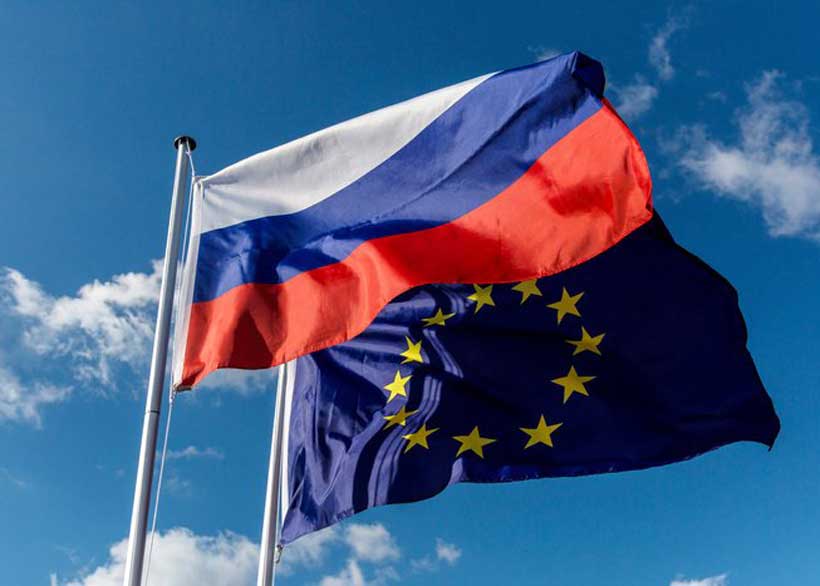
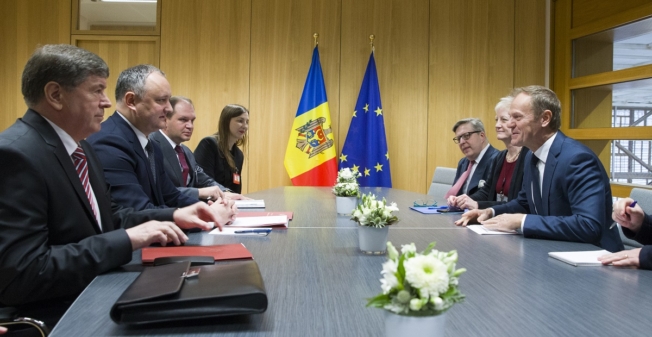
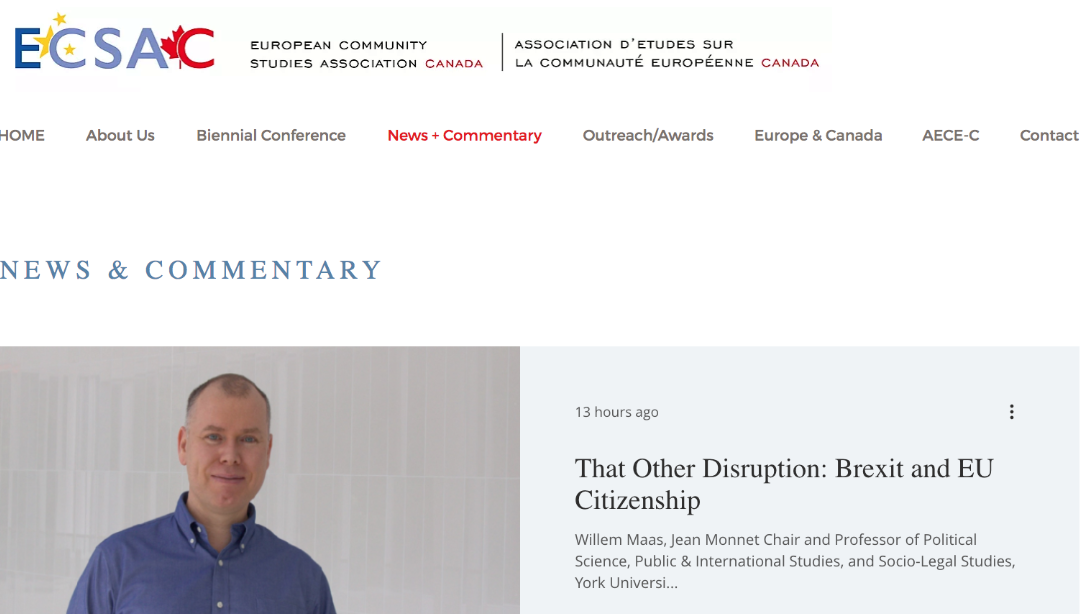
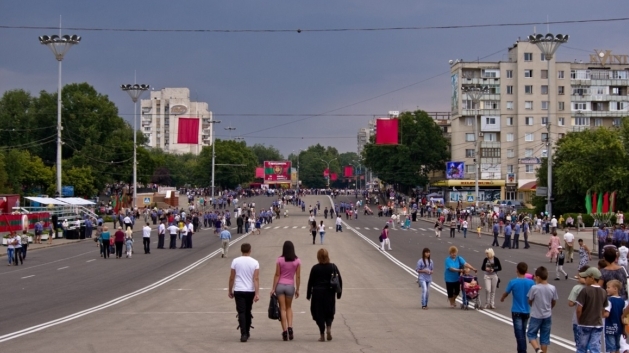

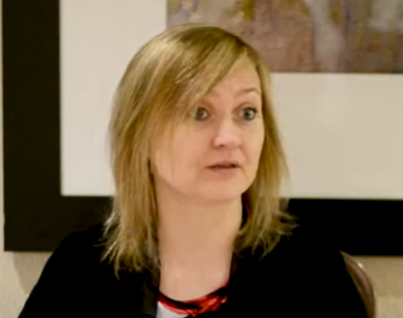
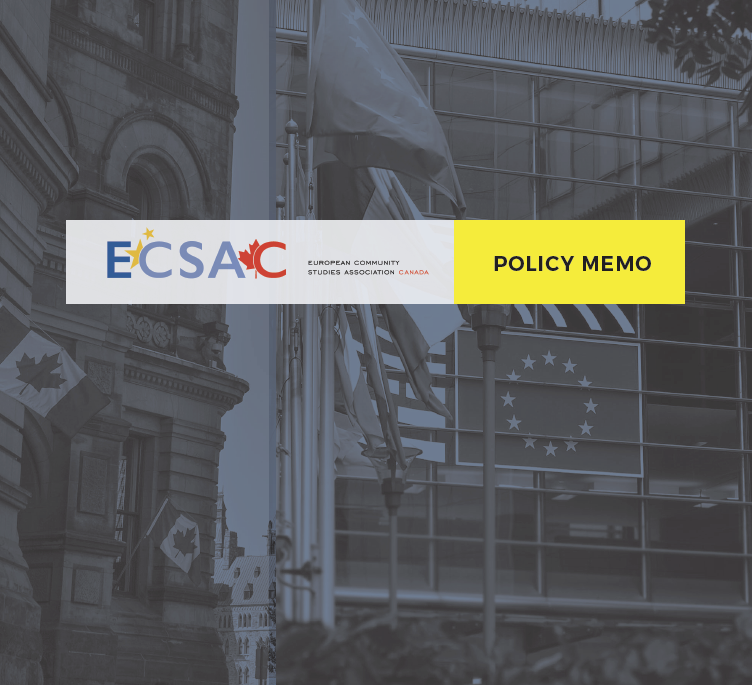
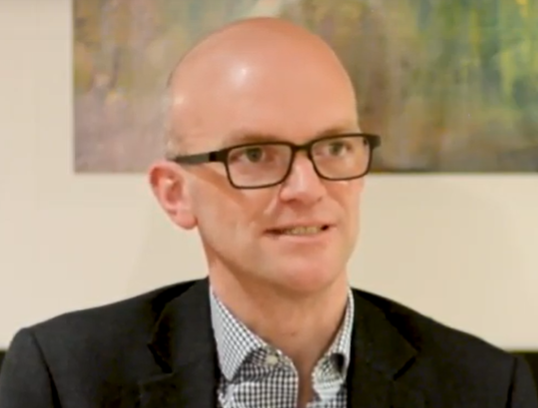
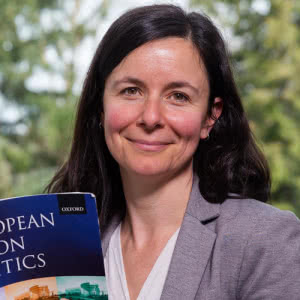


Leave a Reply
Want to join the discussion?Feel free to contribute!